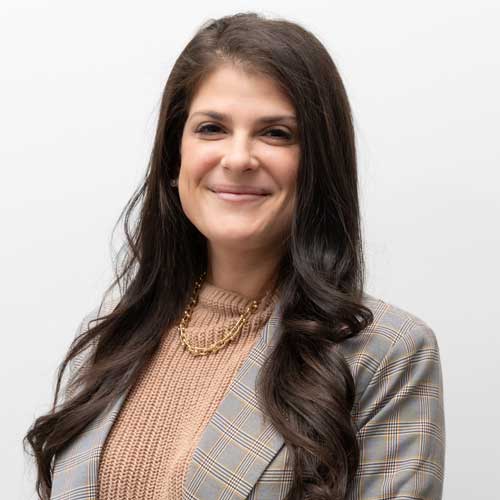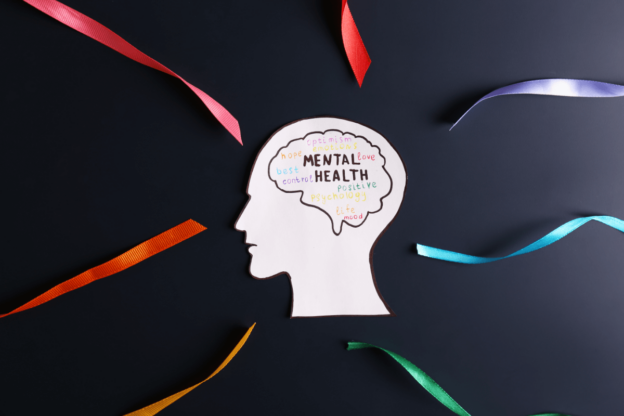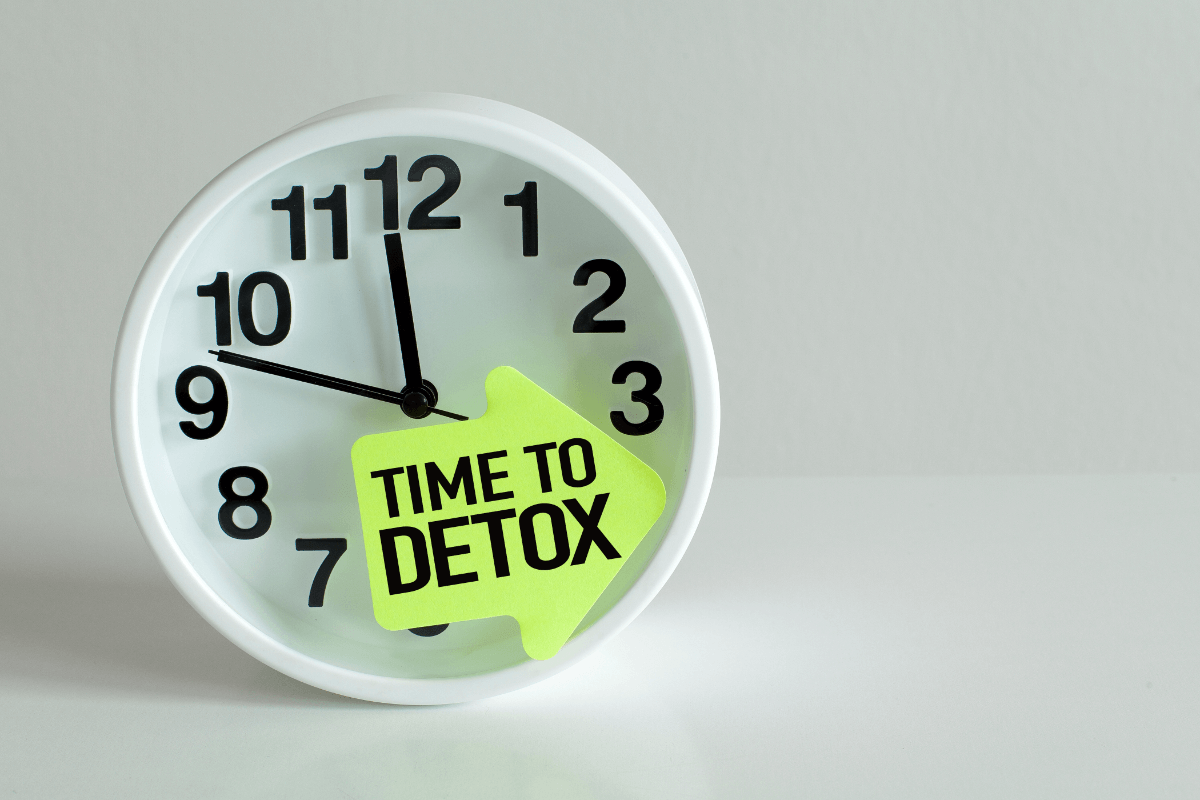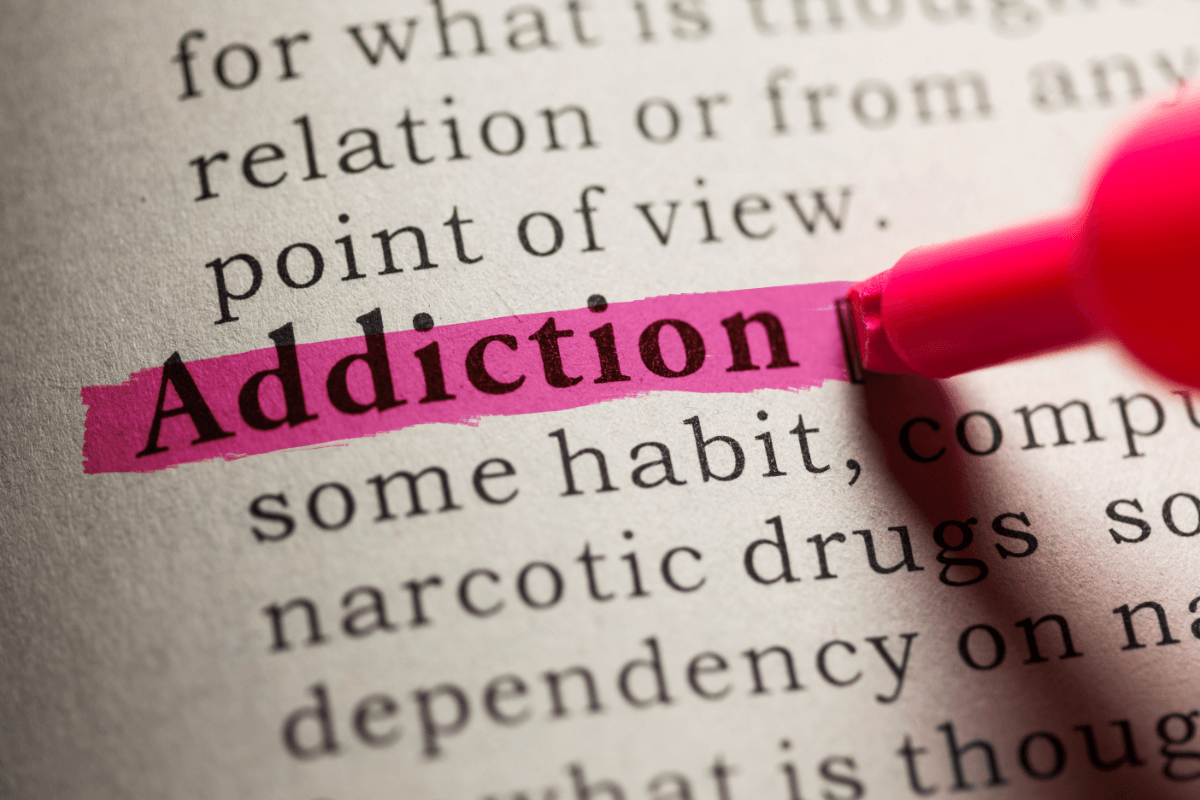When the grip of addiction tightens, it’s rarely an isolated battle. More often than not, substance abuse goes hand-in-hand with underlying mental health struggles—a complicated combination known as dual diagnosis or co-occurring disorders. This is when the help from dual diagnosis treatment in Massachusetts comes in.
Dealing with mental health struggles and addiction at the same time creates a whole other level of challenge. It’s tough to handle one, let alone both, and that’s why specialized help is so important. For long-term recovery to work, there has to be a focus on healing both the mental and substance abuse components.
The Stigma Surrounding Mental Health and Addiction
Mental health conditions and substance use disorders are cloaked in a shroud of harmful misconceptions. Social stigmas paint those with addiction as morally flawed or lacking willpower, while mental illness is dismissed as a personal weakness.
These judgments are flat-out wrong, but the damage they do is real. They become this constant voice of shame and doubt, making it terrifying to even think about getting help. It’s easy to feel trapped—like you have to suffer in silence or risk being judged even more harshly.
People may feel intense guilt about their substance use disorder or believe their mental health struggles make them unworthy of treatment. Internalizing these toxic beliefs can worsen both conditions and make it even more challenging to break free.
To underscore the damage this stigma causes, consider that the 7+ million Americans grappling with dual diagnosis never receive the support they need.[1] Truly, the fear of judgment, discrimination, and various social consequences can be paralyzing.
Understanding Dual Diagnosis Treatment in Massachusetts
Let’s get specific about what dual diagnosis means. It’s the presence of both a mental illness (such as depression, anxiety disorders, or PTSD) and a substance use disorder.[2]
What it isn’t is occasional substance use or feeling a bit down sometimes. Dual diagnosis relates to deeply entangled and clinically diagnosable conditions.
The relationship between mental health disorders and substance abuse can become a vicious cycle. Someone might turn to drugs or alcohol to numb the pain of anxiety or trauma. But, over time, substance use can worsen their mental health, even triggering new disorders.
On the other hand, untreated mental illness can fuel the urge to self-medicate, leading to addiction. Before long, it’s a tangled mess where one problem intensifies the other.
The diagnosis process itself can be tricky. Symptoms of mental health conditions and substance use disorders often mirror each other. Is someone withdrawing because of depression or coming down from a substance?
Does someone’s racing mind stem from anxiety or a drug-induced reaction? Untangling those threads takes a careful approach by qualified mental health and addiction specialists. Some of the most common co-occurring disorders include:
- Depression: Chronic feelings of sadness, emptiness, and worthlessness
- Anxiety Disorders: Including generalized anxiety, panic disorder, and social anxiety
- PTSD: Traumatic events continue to cause flashbacks, nightmares, and severe emotional distress
- Bipolar Disorder: Marked by extreme mood swings from mania to depression
Successful long-term recovery depends on pinpointing and addressing the nature of this dual diagnosis. This paves the way for evidence-based treatments, including individual therapy, cognitive-behavioral therapy (CBT), medication management (if appropriate), and group therapy.
These approaches target both substance abuse and the underlying mental health factors, giving individuals a chance to break the cycle.
The Importance of Dual Diagnosis Treatment in Massachusetts
When it comes to treating both mental illness and substance use disorders, a one-size-fits-all approach falls short. That’s why specialized dual diagnosis treatment in Massachusetts is crucial.
The most effective model is integrated—it directly addresses both conditions within a comprehensive plan. No more bouncing between separate programs that don’t fully communicate with each other.
So, what are the core components of quality dual diagnosis programs?
Psychotherapy
Techniques like CBT help individuals recognize and replace destructive thought patterns with healthier coping skills. This is essential for addressing both mental health conditions and learning to manage triggers that lead to substance use. Other therapy types might be used depending on the person’s specific needs.
Medication Management
Under the supervision of a psychiatrist, medication can help manage symptoms of mental illnesses like depression or anxiety disorders. This isn’t a “magic pill” solution but can be a vital stabilizing component when used carefully with other treatments.
Support Groups
Sharing experiences with others in recovery under the guidance of a facilitator can be immensely validating. It breaks down the isolation that often fuels both substance abuse and mental health struggles.
Individual Therapy
Individual therapy is a private space to untangle the knots in your life. A therapist isn’t going to sugarcoat things. They’ll help you look honestly at what fuels your addiction and work with you to find ways to handle those challenging moments without using.
It takes effort, but integrated treatment gives you a way forward, step by step. It’s a proven way to break free and build a life worth living.
When you treat both the addiction and the underlying mental health struggles, you take away the tangled excuses and reasons to relapse. You’ll finally have a way to climb out of a hole—the tools, the support system, and a genuine chance to create the future you deserve.
Breaking the Stigma: Using the Right Language
Words hold immense power. They can change how we see things like mental illness and addiction. Sadly, many words thrown around are hurtful, making people feel ashamed. That shame makes it even harder to ask for the help they deserve.
Let’s look at a few examples and see how a simple shift in language can make a big difference:
- Stigmatizing Language to Person-Centered Language
- Addict to a Person with a substance use disorder
- Junkie to Individual actively using substances
- Abuse to Misuse
- Alcoholic to a Person with an alcohol use disorder
The first set of words casts judgment and focuses on the person’s perceived moral failures. The second set emphasizes the medical nature of addiction and mental illness while still acknowledging the challenges these conditions bring.
It’s important to point out that this isn’t a matter of policing people’s everyday speech. It’s understanding that words matter. Especially when we’re talking about potentially life-threatening illnesses, compassionate and accurate language is essential. Words can either build walls of shame or offer bridges toward understanding and support.
By choosing person-centered language in our conversations, in the media, and within dual diagnosis treatment centers in Massachusetts, we contribute to breaking down stigma. We create a more welcoming space where people feel safe reaching out for the help they deserve.
Finding Dual Diagnosis Treatment in Massachusetts
The journey toward healing from co-occurring disorders can feel scary, but the important thing is to remember you don’t have to walk it alone. There are resources available across Massachusetts specializing in tailored, evidence-based treatment for dual diagnosis.
For those seeking compassionate support, experienced professionals, and integrated programs that address both substance use and mental health challenges, facilities like Berkshire Mountain Health can provide a starting point on your recovery path.
Get the Support You Deserve at Berkshire Mountain Health
We’ve discussed the deep connection between mental health and addiction—a battle far too many people fight silently. The good news is that specialized dual diagnosis treatment offers a real lifeline. By addressing both conditions in tandem, proper long-term recovery becomes possible.
If you or a loved one are struggling with addiction, Berkshire Mountain Health is here to offer a guiding hand with our dual diagnosis treatment in Massachusetts. Please contact us today to learn more about our integrated treatment programs and take the first step on your path to healing.
Sources:
[1] https://nida.nih.gov/research-topics/comorbidity/comorbidity-substance-use-other-mental-disorders-infographic
[2] https://my.clevelandclinic.org/health/diseases/24426-dual-diagnosis

Alexis earned both a B.S. in Psychology and a B.S. in Family and Child Sciences from Florida State University and an M.A. in Marriage and Family Therapy from the University of San Diego. She holds licenses in Marriage and Family Therapy in Florida, Connecticut, and Massachusetts and is also a member of the American Association for Marriage and Family Therapy (AAMFT).
Alexis works with families, couples, children, and groups and also has a sub-specialty in addiction and recovery. She utilizes an integrated, systemic approach to counseling; empowering people to define what is not working for them in their lives and to discover the possibilities for making life work. In doing this, clients are guided towards identifying their strengths, accessing their resources, tapping into their potential for success, and taking action toward achieving their desired goals.
Alexis also has extensive experience in the administration of behavioral health organizations. She has developed, built, and supervised several facilities encompassing all levels of care while leading them through state licensing and The Joint Commission accreditation process.



